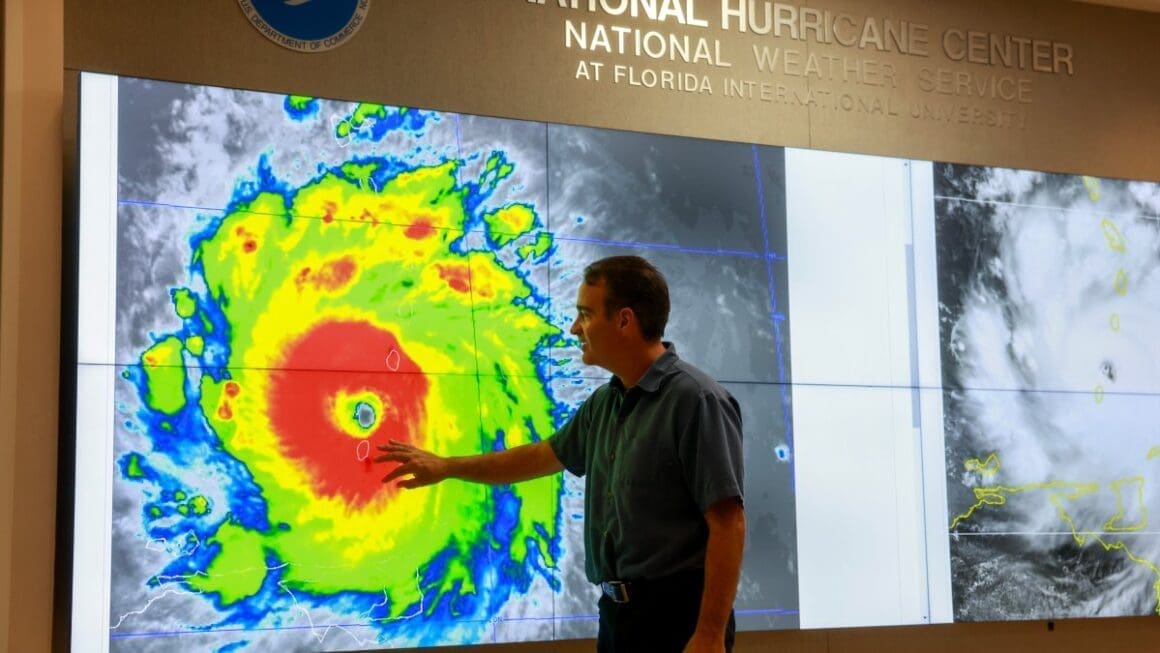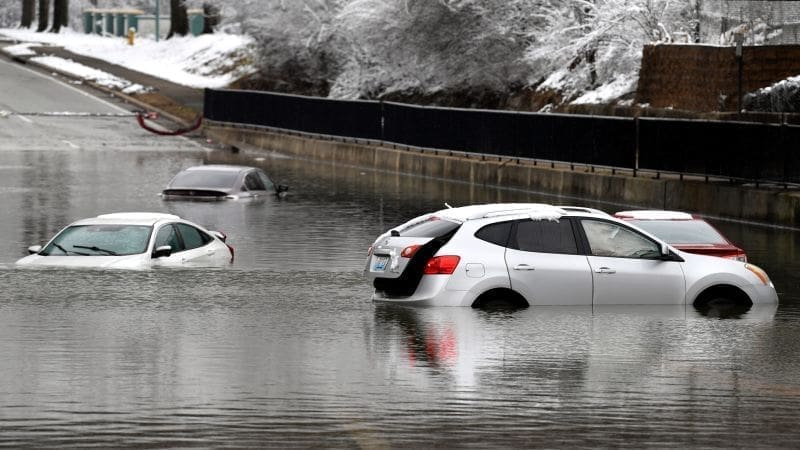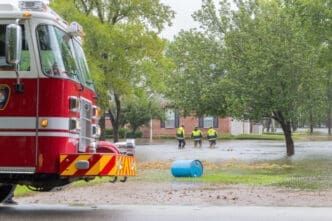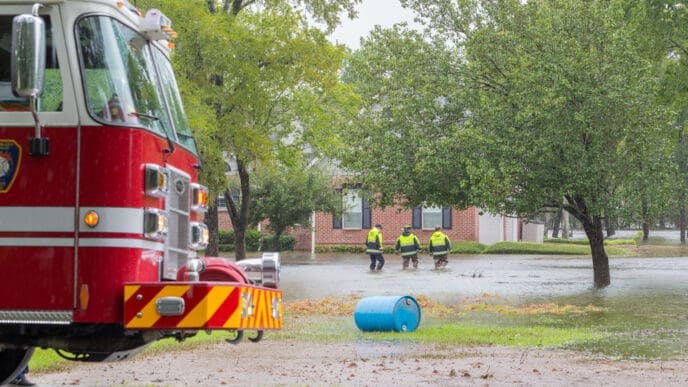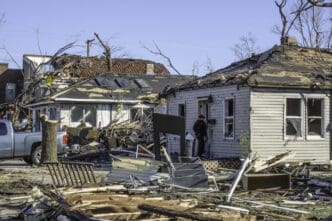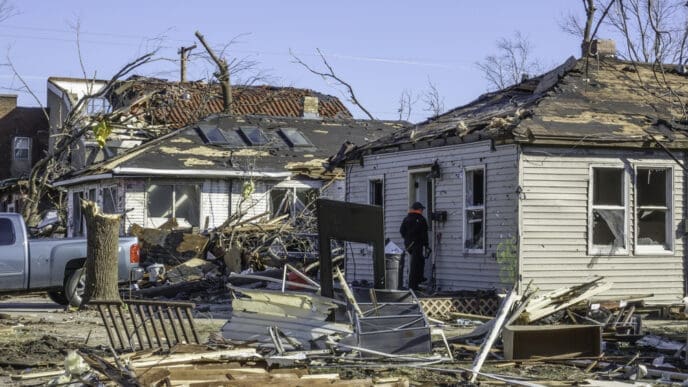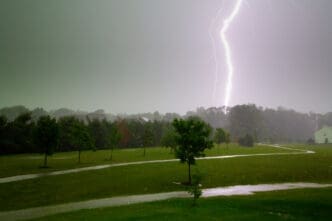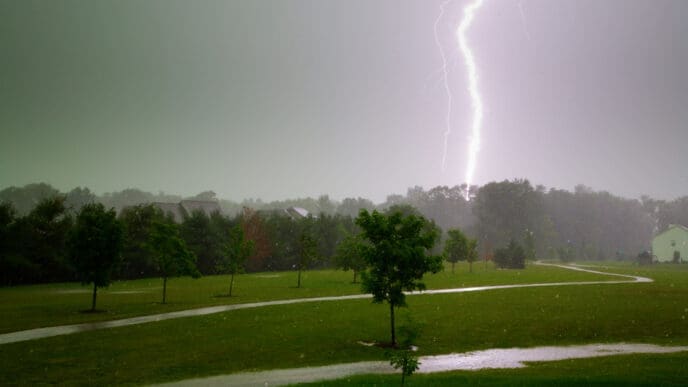As the 2024 Atlantic hurricane season concludes, it stands as one of the most tumultuous in recent history.
The season began with an unprecedented surge, recording an extraordinary number of named storms. Notably, Hurricane Beryl emerged as a Category 5 hurricane, the earliest in the Atlantic basin to reach such intensity. Beryl’s fierce winds brought devastation to Carriacou and the Grenadine Islands and subsequently triggered significant flooding in Texas and Louisiana.
Following Beryl’s dissipation, the season entered a period of relative calm until early August when Hurricane Debby struck Florida’s Big Bend. Another storm, Hurricane Ernesto, emerged in August, affecting the northeastern Caribbean and Bermuda. However, it was not until mid-September that the hurricane activity peaked, with Hurricane Helene making landfall as a Category 4 storm on the Florida Gulf Coast.
Helene brought catastrophic flooding across the southern Appalachians and severe wind damage stretching from the Gulf Coast to the mountains of North Carolina. Its destructive path resulted in over 150 direct fatalities, primarily in North and South Carolina. Meanwhile, Hurricane Milton made landfall near Siesta Key, Florida, in early October, producing a tornado outbreak and significant flooding. Milton’s rapid intensification was remarkable, with wind speeds increasing by 90 mph within 24 hours, reaching Category 5 intensity off the coast of Mexico’s Yucatan Peninsula.
In total, the Atlantic witnessed 18 named storms, with 11 advancing to hurricane status and five escalating to major hurricanes. This level of activity exceeded NOAA’s initial forecasts, as both the number of hurricanes and major hurricanes were approximately 60 percent above average. Importantly, this season saw five hurricanes making landfall in the continental U.S., adding to its historical significance.
The 2024 hurricane season, marked by both quantity and intensity, challenges us to consider future preparedness strategies. While we bid farewell to this season, the lessons it imparts remain critical for future resilience.
Source: NBCMiami


